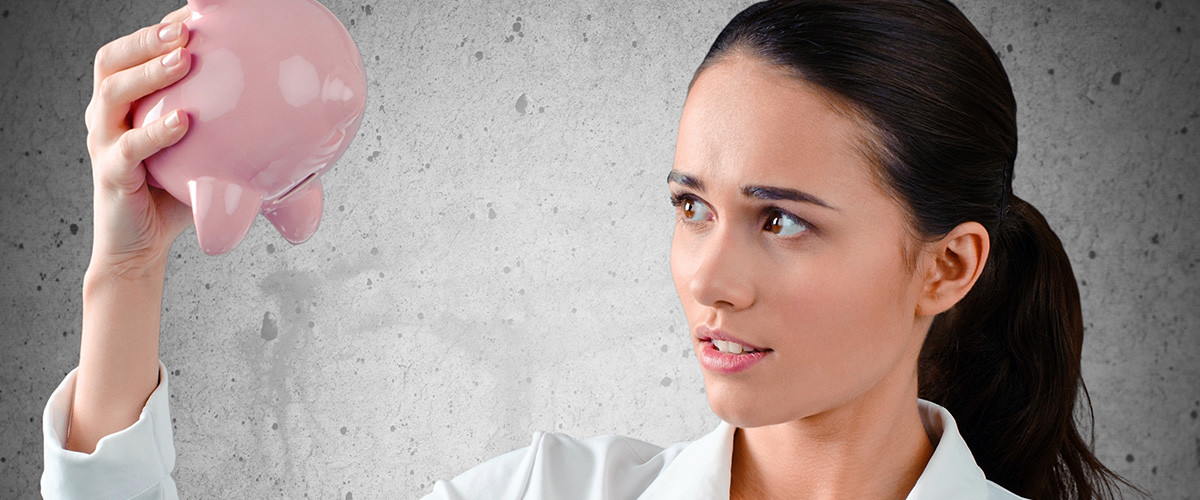
Statistics Canada demonstrates that 1 in 6 Canadians will file for personal bankruptcy at least once. Bankruptcy is a legal proceeding that presents an individual who is unable to pay off outstanding debts a chance to start fresh financially. This ensures that specific debts are condoned and dismissed.
People often see bankruptcy as an easy way out of paying back debt. For someone who is going through a financial distress, it’s an option that can be extremely stressful. If you’re thinking about declaring bankruptcy, here are three things you should keep in mind:
-
1. You will not get rid of all your debts
Filing for bankruptcy has been perceived with the notion that every dollar of debt will be erased from an individual’s financial history. However, this isn’t the case. If you’re unable to pay back your loans, or can only make monthly payments by using more credit, bankruptcy can help with immediate relief from unsecured debt.
In order to file for bankruptcy, personal debt must be greater than $1,000. Credit cards, lines of credit, bank loans, payday loans and income tax debts are all valid examples of unsecured debt. After declaring a bankruptcy, unsecured loans are handed over to a Licensed Insolvency Trustee (LIT). The trustee, who professionally administers the bankruptcy process, turns assets into cash and distributes the money back to the creditors.
-
2. You won't lose all that you own
The idea that you will lose everything if you file for bankruptcy often prevents people from considering it as an option for help. Although bankruptcy exemptions are complicated and can vary depending on how much debt you owe, necessities like food, clothing, your house and your car can often be excluded from the list of things that you must hand over to an LIT.
Bankruptcy exemptions also depend on what province or territory you live in. Learning about provincial laws and speaking with a professional counselor can help someone better understand bankruptcy to prevent it from happening again.
-
3. The process is quite long
Once a person registers for bankruptcy, all financial information is evaluated, discussed and administered through an LIT. Although there are multiple factors that will impact when you will be discharged from bankruptcy, it typically occurs once the creditors have canceled your unsecured debts.
Eligibility for being discharged usually happens after the minimum period of nine months, however specific conditions could extend the overall period. Changes in the law, if a person fails to meet with a credit counselor, or if someone has filed more than once are all factors that could prolong the process. Even though the minimum length of time before someone is considered for a discharge is less than a year, bankruptcy remains on your credit report for up to 7 years.
The negative stigma that is attached with bankruptcy can avoid someone to file for it. However, any step towards being freed from unmanageable debt, whether it is credit counseling or bankruptcy, is a decision that will get you closer to a debt-free and healthier life, regardless of what the sacrifices are. Lastly, even though your credit gets affected due to a bankruptcy, signing up for a car loan can always build your credit. Contact Canada Auto Experts at 1-855-550-5565 to learn about how we can help you re-establish good credit after a bankruptcy.
Recent Posts
- How you can benefit from our dealership connections
- Benefits of having an expert help you shop for a vehicle you can afford
- Avoid high interest rate and have an expert on your side
- How to negotiate the best deal on a car loan in Canada
- Tips for improving credit scores to qualify for better auto financing rates in Canada
